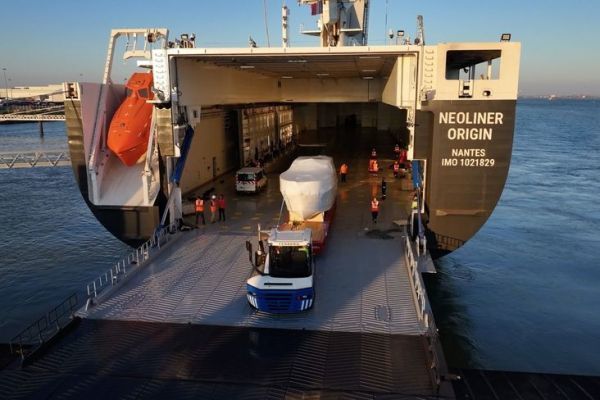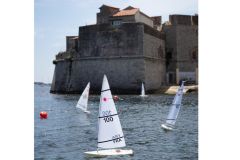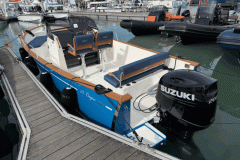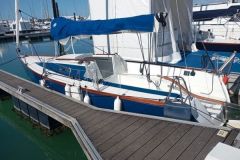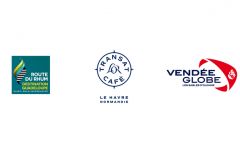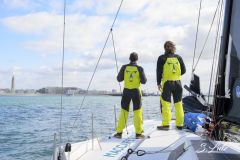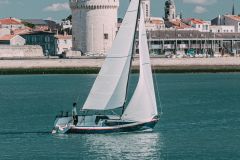A world first for industrial yachting
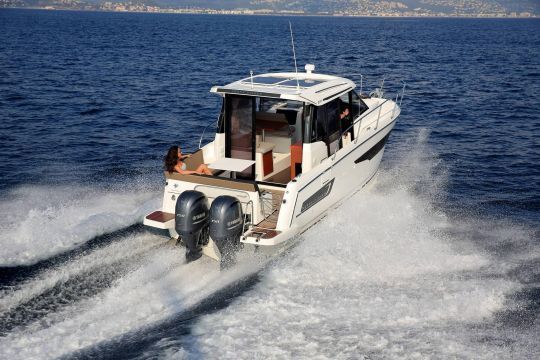
The scene is symbolic: a Merry Fisher 895, a well-known coastal model, leaves France aboard a 136-meter sailboat. But not just any sailboat. The Neoliner Origin just out of the RMK Marine shipyard, is the first new-generation sailing freighter to operate a regular transatlantic service. On board are a dozen customers, including Renault, Clarins... and now Jeanneau.
This shipment marks a world first for the Bénéteau Group: it's the first time a shipyard has entrusted a pleasure craft to a predominantly diesel-powered vessel to cross the Atlantic. Destination: Baltimore, USA.
A credible alternative to traditional freight
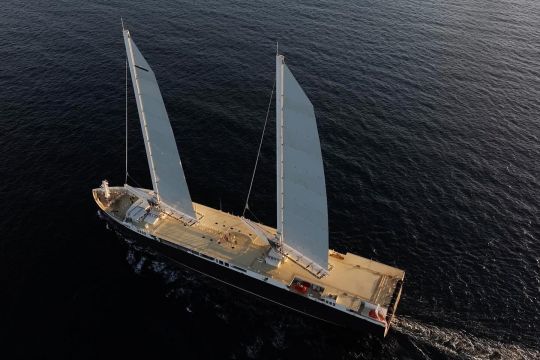
With its two 76-metre carbon masts, automated rigid sails and ultra-reasoned engine assistance (reserved for harbour manoeuvres), the Neoliner Origin emissions by 75-80% compared with a conventional cargo ship. The ship operates a monthly rotation between Saint-Nazaire, Saint-Pierre-et-Miquelon, Baltimore and Halifax, at an average speed of 11 knots.
Designed by Chantiers de l'Atlantique, this modern ro-ro vessel aims for economic profitability while drastically reducing the environmental impact of shipping. It can carry up to 265 TEUs (twenty-foot equivalent containers), oversized freight and rolling stock, like Jeanneau units.
A step forward in Groupe Bénéteau's low-carbon strategy
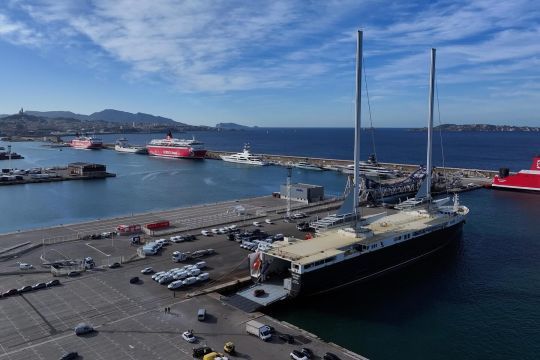
For Groupe Bénéteau, which has begun its transition to hybrid and electric units, experimenting with this mode of transport is part of a wider approach. Reduction of emissions, choice of materials, sobriety on board... The logistics chain could not remain on the sidelines. The partnership with Neoline is part of the Group's commitment to greening its outbound flows, particularly to North America, its leading export market.
"It's not just an expedition, it's an orientation" comments a logistics executive. " The day this solution becomes generalizable, we'll already have to be ready."
Logistical as well as political and industrial challenges
Behind this operation is CMA CGM, Neoline's reference shareholder (37% of the capital), and a major player in French maritime strategy. The Group's support, coupled with public investment (Banque des Territoires, Région Pays de la Loire, Ademe Investissement), has enabled the realization of a project launched back in 2011.
This first full-scale transport of a pleasure boat could pave the way for other specialized flows. Sailboats, RIBs, catamarans transported under sail? The idea is no longer marginal. In any case, it raises a concrete question: how do we ship tomorrow, in a world of limited resources and stricter climate standards?
Another ship already announced for 2026
Neoline plans to build a second vessel of the same class by 2026. The aim is to stabilize a regular supply of carbon-free freight on the major North Atlantic routes. For yachting manufacturers, particularly those on the Atlantic seaboard, these new logistical options could become an integral part of future discussions.

 /
/ 